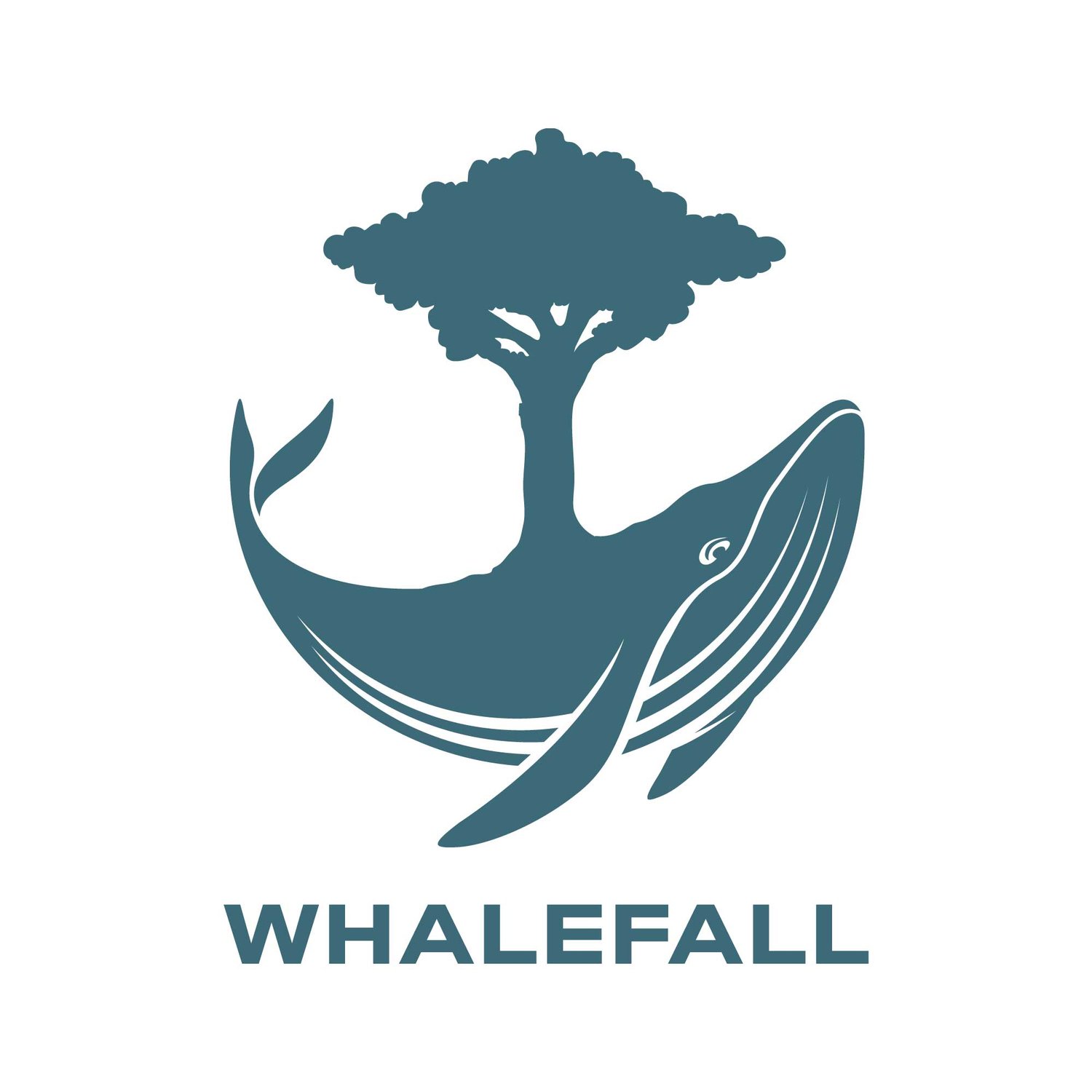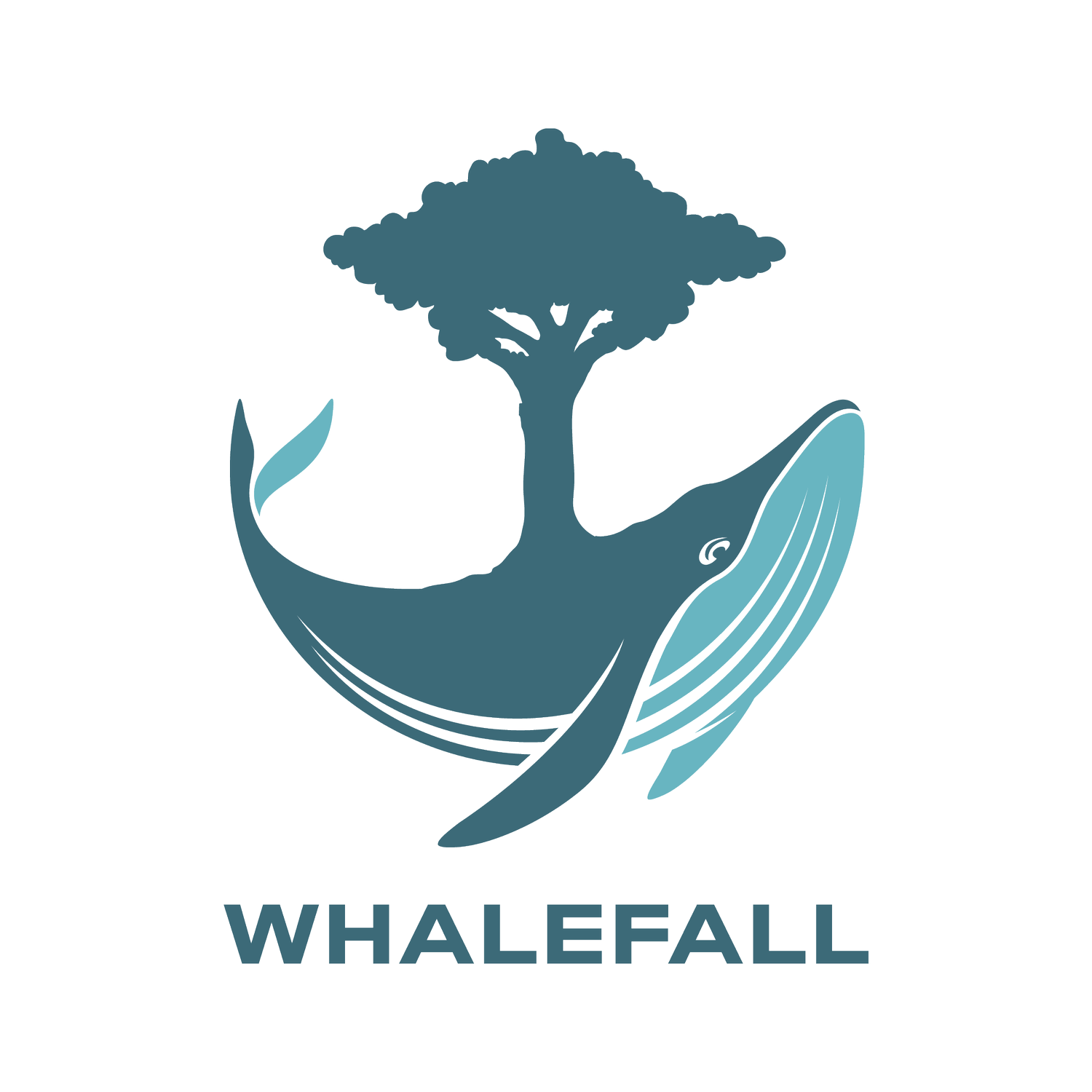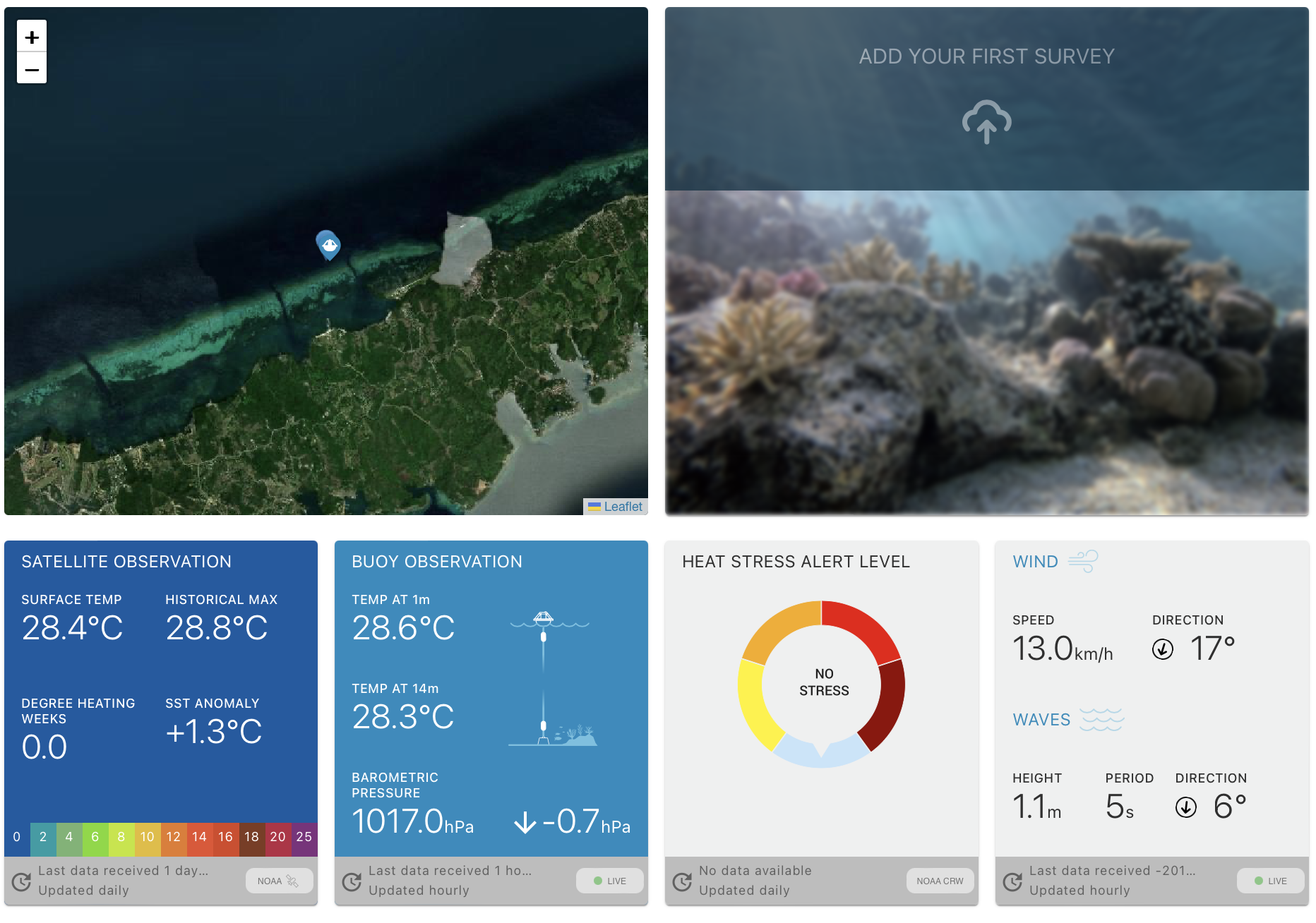Project: Impact Engineering Bristlemouth Curriculum
This project is supported across many sectors, including academia, government, NGOs, and the private sector.
SPONSORS
The project team and supporters are seeking sponsors to realize the full vision of the Impact Engineering Bristlemouth Curriculum project. Please contact the team to learn more about this sponsorship opportunity.
Project Goals
-
Facilitate global understanding of the oceans and enable the future blue economy
-
Support global standardization and widespread adoption of Bristlemouth
Online training addition to the current suite of Bristlemouth documentation
Online adaptive learning plus experiential training creates engagement, motivation and educational impact. Students, researchers and blue tech developers around the world enjoy open and equal access to the WHALEFALL, Area9 Lyceum adaptive learning platform.
The program is designed for students at all levels, ranging from high school to post-doctoral scholars, including those with a keen interest in blue tech. It welcomes learners from both informal and underserved communities, with a particular focus on current naval communities. Given the diverse backgrounds, experience levels, formal education, and baseline knowledge that students bring to the program, an adaptive learning model will be employed. This model ensures that each student receives a customized educational experience tailored to their individual needs. A machine learning model will tailor moment-by-moment online education to meet the unique needs of every individual learner.
Prototype Bristlemouth enabled hardware developed in the classroom
Anyone can access the online training to learn why remote sensing, a marine data network, and standardization are important. Educational institutions and organizations will need to purchase Bristlemouth development kits to complete the curriculum.
Additionally, students and schools will have access to educational workshop development kits, real world applications, and deployed Spotter + Smart Mooring systems through WHALEFALL facilitated programs.
Online adaptive learning plus place-based experiential training creates engagement, motivation and educational impact. The facilitated curriculum begins by introducing students to real-world projects led by program collaborators across the globe. Workshop participants are given an overview of the goals, challenges, and concepts being explored by stakeholders involved in these projects. These stakeholders are actively engaged in ocean conservation and research, working on the front lines to address pressing environmental issues. Students will choose a project based on skill level and ideas to help advance the objectives of one of the initiatives. Acting as student Bristlemouth engineers, they will collaborate virtually with local researchers during the workshop.

Each collaboration site is equipped with a deployed spotter and smart mooring buoy that can accept newly fabricated blue tech hardware for in situ testing related to the project. If the newly developed hardware from an educational workshop successfully passes local feasibility testing, prototypes will be sent to the project site for further in situ testing on the spotter and smart mooring system. These MVP prototypes benefit project researchers and the Bristlemouth open source community.
Prototypes field tested on a deployed Spotter + Smart Mooring systems
All data collected will be open science and streaming live to aqualink.org
Spotter + Smart Mooring systems will all monitor reef and surface temperature as long term deployments in addition to the short term hardware prototype deployments.
Annual Bristlemouth Innovation Competition
To amplify the impact and create deployable and scalable solutions, an annual development competition will be held each summer at a testing facility. This competition is designed to prepare students for careers in the blue economy. This competition will inspire and challenge students to apply their STEM skills creatively to solve real-world problems, while strengthening their critical thinking, collaboration, entrepreneurship, and innovation abilities.
-
1,200 Students

-
100 Classrooms

-
7 Buoys Deployed on Real World Projects with Open Scientific Data

WHALEFALL is a 501(c)(3) nonprofit for environmental impact and equitable STEAM experiential education domestically and internationally. We collect open scientific data and support open-source development, empowering global innovation, collaboration, and scalable solutions for a healthier planet.
Special thanks to the teams at Sofar Ocean, Bristlemouth, and Aqualink for making this project possible.
We would like to express our gratitude to George and Lisa Williams for their generous donation to this project.
Project Acknowledgements (Alphabetical)
Student research assistants: Caden Carter, Alexa Ford, Ally Lafayette, and Henry Williams
Pilot Project Instructors: Bruce Hamren and Dave Otten
Project Manager: Vincent Smith
















